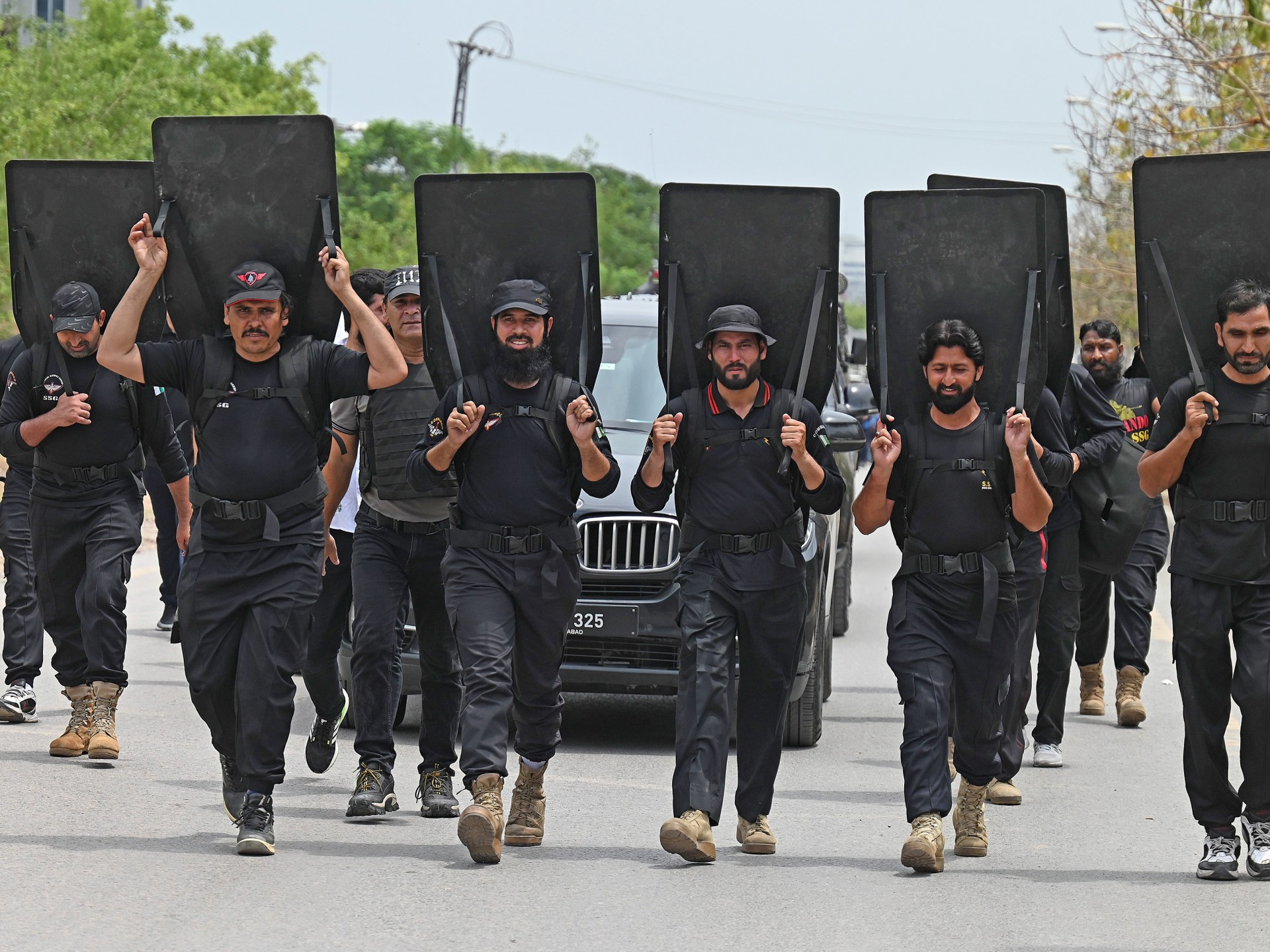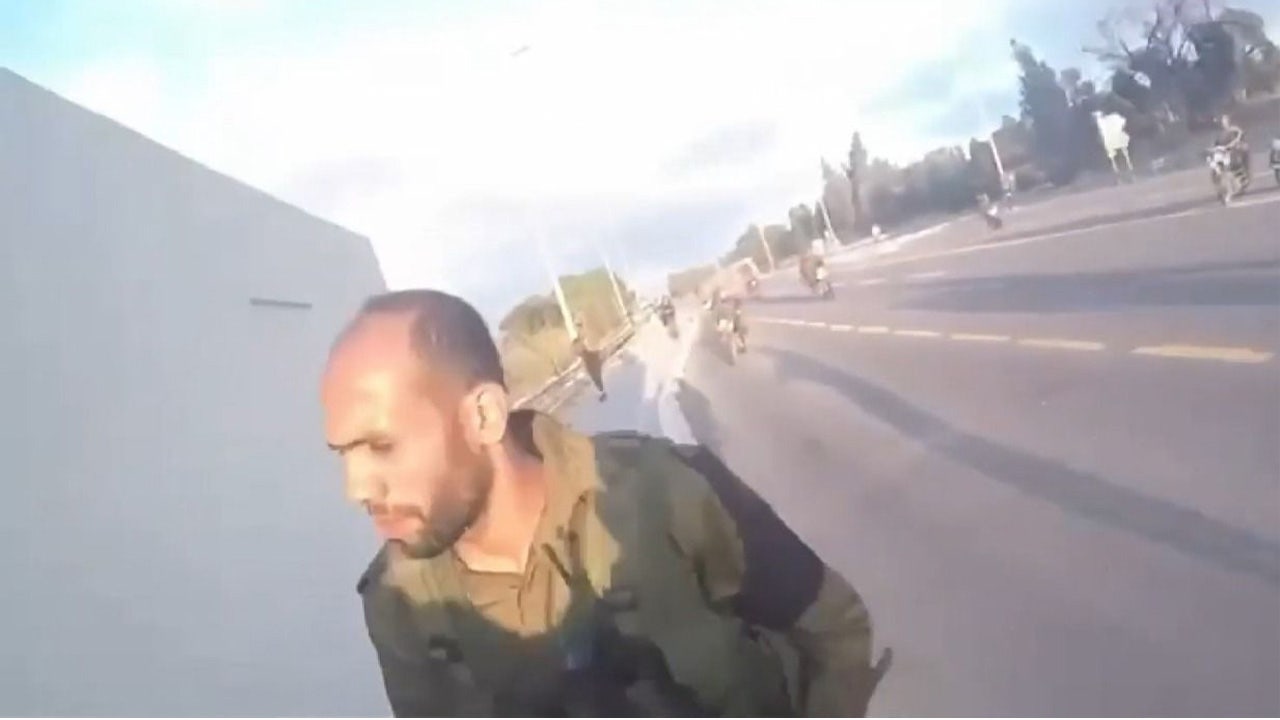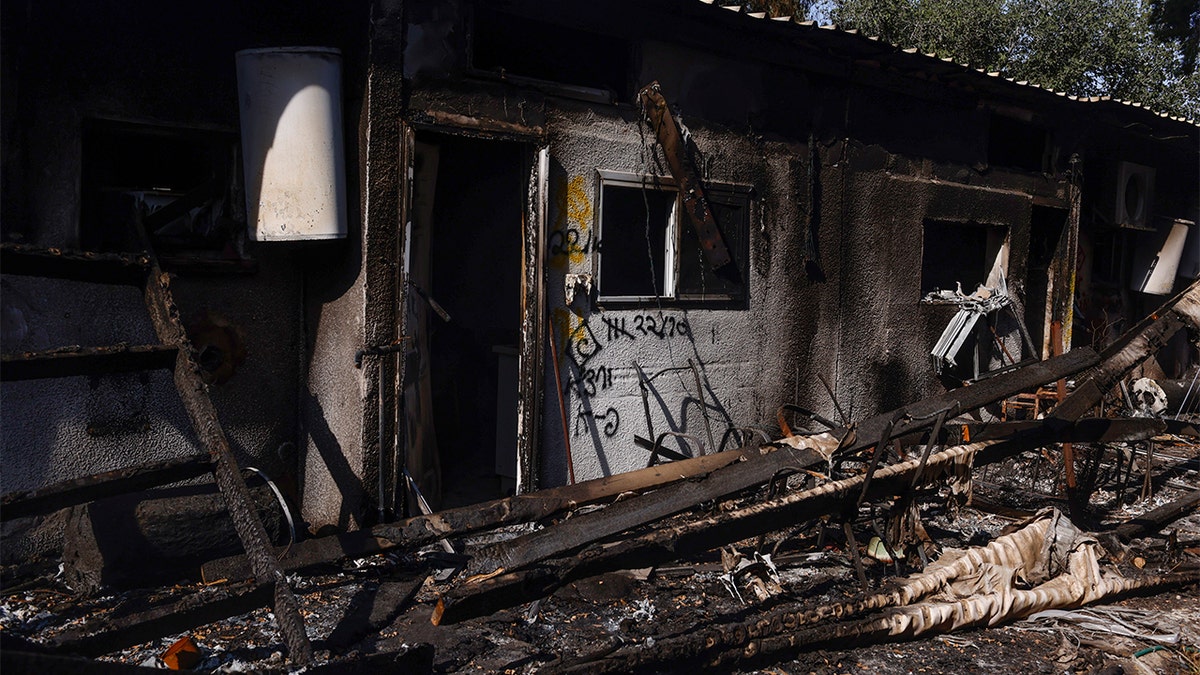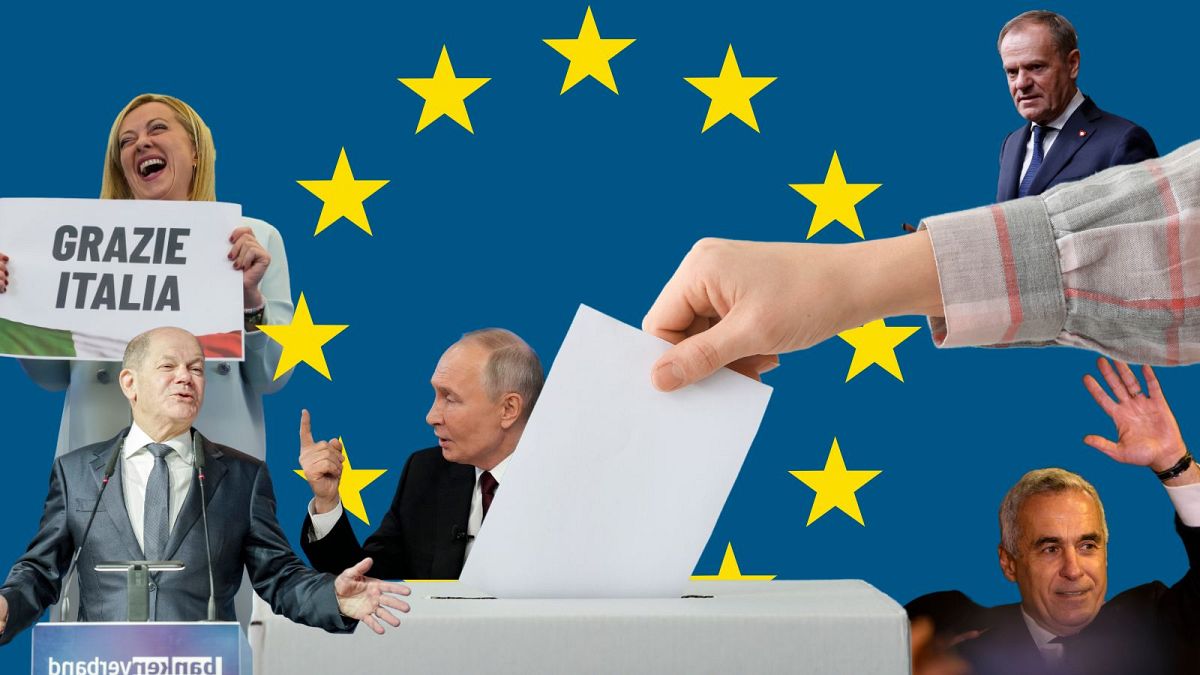World
Pakistan fires three officers for failing to stop Khan protesters

More than 100 people are being tried in military courts after violence erupted following former PM Imran Khan’s arrest last month.
Pakistan’s army has sacked three senior officers, including a lieutenant general, over last month’s violent attacks on military assets by former Prime Minister Imran Khan’s supporters to protest his arrest, an army spokesperson says.
At least 102 people are currently being tried in military courts in relation to the violence, Major General Ahmad Sharif Chaudhry said at a news conference on Monday in the garrison city of Rawalpindi.
He gave no details regarding how many of the defendants are civilians or military officials. He also declined to name the senior officers who have been fired but said they were dismissed after they “failed to maintain the security and sanctity” of army properties during the unrest.
According to Chaudhry, those being tried in military courts “have the right of access to civil lawyers” as well as the right of appeal.
But human rights groups have raised concerns over military trials of civilians, which they said cannot ensure a fair defence. The military tribunals have also been challenged in Pakistan’s Supreme Court.
Last month, Amnesty International said it “has documented a catalogue of human rights violations stemming from trying civilians in military courts in Pakistan, including flagrant disregard for due process, lack of transparency, coerced confessions and executions after grossly unfair trials”.
“Therefore, any indication that the trial of civilians could be held in military courts is incompatible with Pakistan’s obligations under international human rights law,” it said.
Disciplinary action
Khan’s arrest on corruption charges at the Islamabad High Court on May 9 sparked deadly street violence. Thousands of his supporters fought with police and some set fire to military buildings, including an air base and the house of a general.
More than 5,000 of them were arrested although most were later released.
“We had to determine why security was breached at army installations,” Chaudhry said. “We had to find out what had gone wrong.”
He said two departmental inquiries were conducted, headed by major generals, and punishments were given according to their recommendations.
Strict departmental action has also been taken against another 15 army officers, including major generals and brigadiers, Chaudhry said. He did not specify what action had been taken.
Chaudhry added that several relatives, including women, of senior army officers were also facing trials for allegedly being facilitators of the violence.
The army has said the arson was planned by leaders of Khan’s party, and it has named him in at least two criminal cases as abetting the violence.
Khan, 70, a cricket hero-turned-politician, has faced a slew of cases since he was removed from power in a vote of no confidence last year, which he blames on the military’s generals, a charge the army denies.
Khan’s Pakistan Tehreek-e-Insaf (PTI) party has faced a significant crackdown since the May 9 violence.
Analysts said Khan’s detention, which ended after three days when the Supreme Court declared it illegal, was likely retaliation by Pakistan’s military for a campaign of defiance Khan has waged since being removed from office in April 2022.
Pakistan’s army holds enormous influence over the nuclear-armed country’s politics, having staged at least three successful coups leading to decades of martial law.

World
Ralph Fiennes’ ‘Very Demure, Very Mindful’ Monologue Delights CNN NYE Hosts Andy and Anderson — WATCH

ad
World
Israel kills Hamas commander who led heinous Oct. 7 attack on Kibbutz Nir Oz killed in drone attack: IDF

A top Hamas commander responsible for the heinous Oct. 7 attack on Kibbutz Nir Oz has been killed by a targeted drone strike, the Israel Defense Force (IDF) announced.
Abd al-Hadi Sabah, who led the infiltration into Kibbutz Nir Oz, which ravaged the community near the Gaza border on Oct. 7, was killed on Tuesday local time in the Western Khan Yunis Battalion.
The IDF said in a release on social media Tuesday that they conducted the intelligence-based strike alongside the Israeli Security Agency (ISA).
The agencies said that Sabah was hiding in a shelter in the designated humanitarian area in Khan Yunis, in southern Gaza.
ISRAELI OFFICIAL REVEALS HOW ‘TO TRULY DEFEAT HEZBOLLAH’
Abd al-Hadi Sabah was one of the terrorist leaders who infiltrated Kibbutz Nir Oz on October 7 and led other attacks against IDF soldiers. (IDF via X)
The agencies noted that Sabah was one of the leaders of the infiltration into Kibbutz Nir Oz during Oct. 7 and had been a leader in “numerous terrorist attacks against IDF troops.”
IDF FINDS HEZBOLLAH WEAPONS CACHE IN UNDERGROUND TUNNEL: VIDEO
“The IDF and ISA will continue to operate against all of the terrorists who took part in the murderous October 7th Massacre,” the agencies said.
The IDF said that they took “numerous steps” to mitigate harm to civilians by using “precise munitions, intelligence, and aerial surveillance.”

Debris of a home that was devastated during a fight in Kibbutz Nir Oz, Israel. (Kobi Wolf/Bloomberg via Getty Images)
CLICK TO GET THE FOX NEWS APP
Sabah’s leadership on the destruction of Kibbutz Nir Oz in southern Israel left nearly half of the 400 residents murdered or taken captive during the Oct. 7 attack.
World
Ivory Coast says French troops to leave country after decades

Ivory Coast is the latest West African nation to expel troops of former colonial power after Mali, Burkina Faso and Niger.
Ivory Coast has announced that French troops will leave the country this month after a decades-long military presence, becoming the latest African nation to downscale military ties with its former coloniser.
In an end-of-year address to the nation on Tuesday, President Alassane Ouattara said the 43rd BIMA marine infantry battalion at Port-Bouet in Abidjan – where French troops were stationed – “will be handed over” to Ivory Coast’s armed forces as of January 2025.
“We can be proud of our army, whose modernisation is now effective. It is in this context that we have decided on the concerted and organised withdrawal of French forces” from Ivory Coast, Ouattara said.
France, whose colonial rule in West Africa ended in the 1960s, has nearly 1,000 soldiers in Ivory Coast, according to reports.
Ivory Coast is the latest West African nation to expel French troops after Mali, Burkina Faso and Niger. In November, within hours of each other, Senegal and Chad also announced the departure of French soldiers from their soil.
On December 26, France returned its first military base to Chad, the last Sahel nation to host French troops.
Ivory Coast remains an important ally of France. The downscaling of military ties comes as France tries to revive its waning political and military influence on the African continent by devising a new military strategy that would sharply reduce its permanent troop presence across the continent.
France has now been kicked out of more than 70 percent of African countries where it had a troop presence since the end of its colonial rule. The French remain only in Djibouti, with 1,500 soldiers, and Gabon, with 350 personnel.
Analysts have described the developments as part of the wider structural transformation in the region’s engagement with Paris amid growing local sentiments against France, especially in coup-hit countries.
After expelling the French troops, military leaders of Niger, Mali and Burkina Faso have moved closer to Russia.
-
/cdn.vox-cdn.com/uploads/chorus_asset/file/25672934/Metaphor_Key_Art_Horizontal.png)
/cdn.vox-cdn.com/uploads/chorus_asset/file/25672934/Metaphor_Key_Art_Horizontal.png) Technology1 week ago
Technology1 week agoThere’s a reason Metaphor: ReFantanzio’s battle music sounds as cool as it does
-

 News1 week ago
News1 week agoFrance’s new premier selects Eric Lombard as finance minister
-

 Business7 days ago
Business7 days agoOn a quest for global domination, Chinese EV makers are upending Thailand's auto industry
-

 Health4 days ago
Health4 days agoNew Year life lessons from country star: 'Never forget where you came from'
-
/cdn.vox-cdn.com/uploads/chorus_asset/file/24982514/Quest_3_dock.jpg)
/cdn.vox-cdn.com/uploads/chorus_asset/file/24982514/Quest_3_dock.jpg) Technology4 days ago
Technology4 days agoMeta’s ‘software update issue’ has been breaking Quest headsets for weeks
-

 World1 week ago
World1 week agoPassenger plane crashes in Kazakhstan: Emergencies ministry
-

 Politics1 week ago
Politics1 week agoIt's official: Biden signs new law, designates bald eagle as 'national bird'
-

 Politics5 days ago
Politics5 days ago'Politics is bad for business.' Why Disney's Bob Iger is trying to avoid hot buttons
















